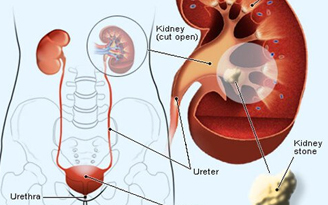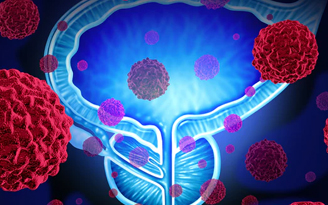In the treatment of benign prostatic hyperplasia
In the treatment of benign prostatic hyperplasia - Benign prostatic hyperplasia, or enlarged prostate, is a common condition that affects about 55% of people over the age of sixty-five. Very often, you can talk about your symptoms, treatments, and treatments. If you suspect benign prostatic hyperplasia, consult the best urologist in Jaipur.
Symptoms of benign prostatic hyperplasia can vary in severity, but common questions include: Have you had insomnia at night due to frequent urination? Can you limit your daily activities to the nearest toilet? Don't you know about yourself? Have you ever wanted to pee when you're done? Did you pick up within a week?
This drug is the first line of treatment for benign prostatic hyperplasia. The drug is absolutely non-invasive and easy to use. But it's only good for symptom control and only effective when used. The symptoms began when he stopped drinking and never stopped drinking. When choosing a treatment, the cost-time ratio should be carefully considered. Drugs have long-term consequences and can become an economic burden.
The newest treatment for benign prostatic hyperplasia may be cat-assisted non-surgical treatment. Compared to conventional surgery, downtime and recovery time are shorter. It's great, but not always. Symptoms may recur after 5 years or more. The procedure itself can last from 30 minutes to an hour. After this, you may start to bleed, and you should use your stomach for about a week. This may be the best alternative to surgery.
Surgery is done when symptoms are so severe that medications cannot be used. BPH surgery can cause delays in hospitals and longer recovery times. There is usually bleeding after surgery and a catheter is required for several weeks. Surgery also has a low success rate and a longer impact on the healing process.
Since there are many treatment options for BPH, it is important to know the pros and cons of each treatment in order to make the right decision. As with any medical procedure, please be aware that individual results may vary. Talk to your urologist to find the right treatment of enlarged prostate for you.




Comments
Post a Comment